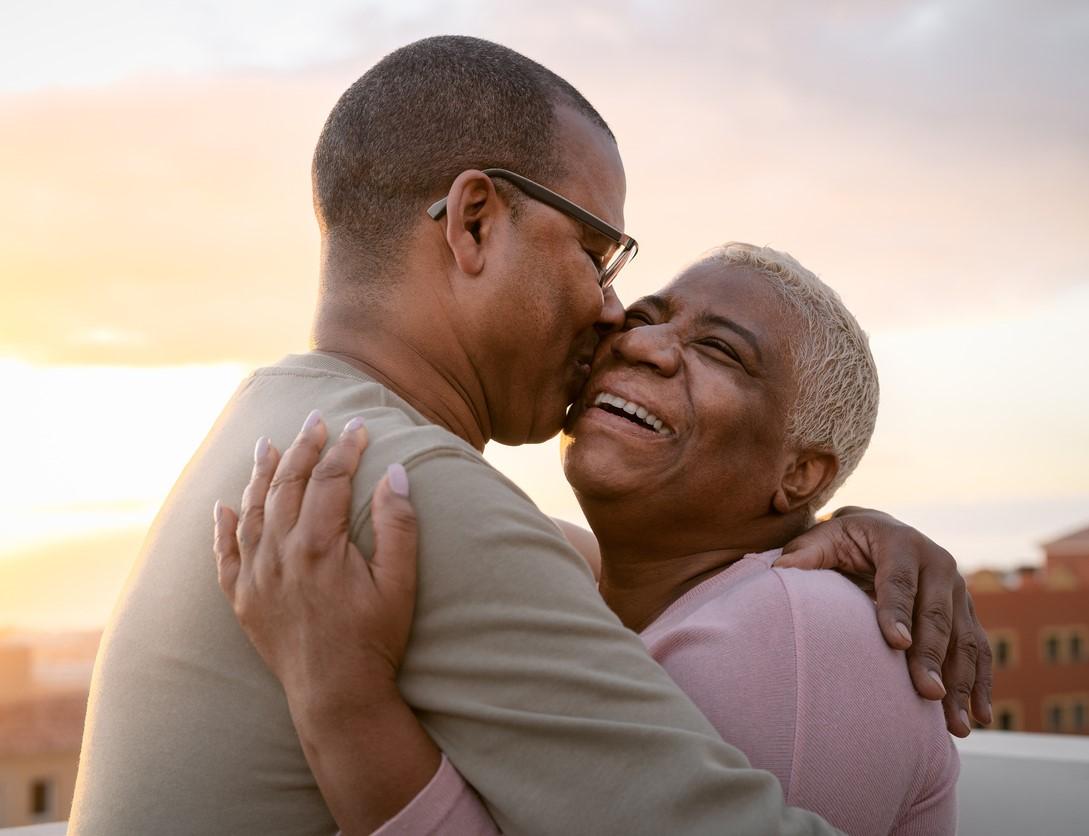A survey of 1,000 Americans assessing positive and negative coping skills during the pandemic shows that people fared better when focused on problem solving and planning during times of uncertainty.
As part of the study, published yesterday in PLOS One, participants engaged in an online survey to assess how they dealt with stressful life events (SLEs), coping strategies, and the physical and psychological health domains of quality of life (QOL) during COVID-19. The 25- to 30-minute survey was conducted in August 2021 on Prolific, a web-based survey recruitment platform.
Survey respondents were mostly White (73%), equally divided among men and women, with a mean age of 44. Half were married or cohabitating.
More stressors led to more avoidance behaviors
Using 16 questions, the authors identified three patterns for coping with SLEs: problem-focused coping, emotional-focused coping, and avoidant coping.
Problem-focused coping included four items relating to the use of informational support. Emotion-focused coping included six items using emotional support, humor, and religion. And avoidant coping had six items relating to self-distraction, substance use, and behavioral disengagement.
Respondents answered the coping questions using a 5-point Likert scale, noting how they had coped with particular stressors over the last year.
The mean number of SLEs reported by respondents was 1.6, with a range of 0 to 18. The three most common SLEs reported in the sample were a decrease in financial status, followed by personal injury or illness, and a change in living conditions.
Problem- and emotional-focused coping helped
For all respondents, problem-focused coping and emotion-focused coping were significantly related to higher levels of QOL, whereas avoidant coping was associated with lower QOL, the authors said. More life stressors correlated to using more avoidant coping skills.
As the pandemic instigated or exacerbated a wide range of unexpected and unpredictable stressors, such as personal illness, illness and deaths of loved ones, and unemployment, we posit that the use of emotion-focused coping was likely helpful in navigating these situations.
"Previous research, most of which was conducted pre-pandemic, has demonstrated inconsistent findings regarding the relationship between emotion-focused coping and QOL, with many studies pointing to a negative association between these two constructs," the authors said. They hypothesize that emotional coping served people well during the pandemic because it helped them handle uncertainty.
"As the pandemic instigated or exacerbated a wide range of unexpected and unpredictable stressors, such as personal illness, illness and deaths of loved ones, and unemployment, we posit that the use of emotion-focused coping was likely helpful in navigating these situations," the authors said.





















